Aging is an inevitable part of life, yet how gracefully and healthily we age depends greatly on the choices we make throughout our lives. Among these choices, diet plays a pivotal role in determining the rate and quality of our aging process. What we consume daily can either accelerate the visible and internal signs of aging or help slow them down, promoting vitality, glowing skin, and mental sharpness well into our later years. Numerous studies have shown that foods rich in antioxidants, healthy fats, vitamins, and minerals contribute significantly to the fight against oxidative stress, inflammation, and cellular damage — the three main culprits behind aging. Mohit Tandon from Illinois suggested 10 powerhouse foods that, when incorporated regularly into your diet, can support your body in slowing down the signs of aging. From vibrant fruits to nutrient-dense vegetables and wholesome nuts to nourishing fish, each of these foods offers a unique profile of nutrients designed to protect your skin, brain, heart, and entire body. – 10 Foods to Slow Down Signs of Ageing : Mohit Tandon Illinois
1. Blueberries: The Tiny Titans of Antioxidants
Often called a superfood, blueberries pack a potent antioxidant punch that helps combat free radicals — unstable molecules generated by sun exposure, pollution, and metabolic processes that damage our cells and accelerate aging. The deep blue-purple hue of blueberries comes from anthocyanins, flavonoids that not only give the berries their color but also fight inflammation and support brain health. Eating blueberries regularly is linked with improved skin elasticity, fewer wrinkles, and enhanced cognitive function.
Moreover, blueberries contain vitamins C and K, manganese, and fiber, all contributing to cardiovascular health and digestion, two areas that become increasingly vital as we age. Including a handful of blueberries daily, whether fresh, frozen, or in smoothies, can help fortify your body’s natural defense system and maintain youthful vibrancy.
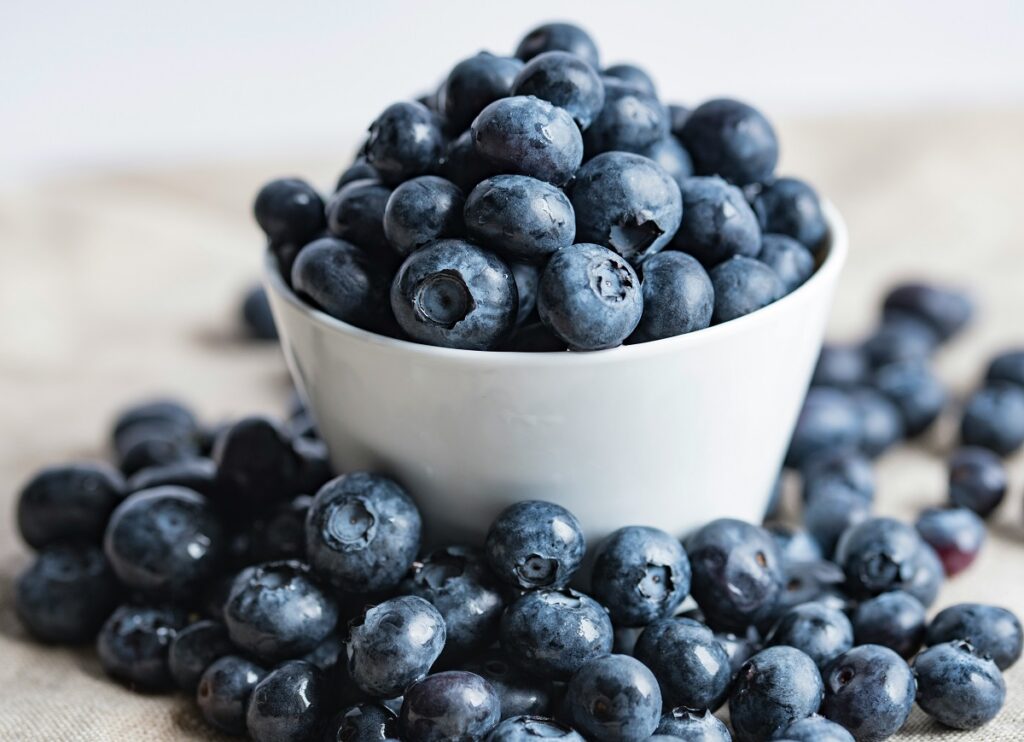
2. Avocados: Creamy Nutrient Powerhouses for Skin and Heart
Avocados are not only delicious but a treasure trove of monounsaturated fats, known to boost heart health and maintain skin hydration. These fats play a critical role in keeping the skin supple, soft, and wrinkle-free by strengthening the skin’s barrier against moisture loss. Beyond fats, avocados are rich in vitamin E, a powerful antioxidant that protects the skin from oxidative damage and supports collagen production.
Vitamin C, also abundant in avocados, is essential for repairing and maintaining skin tissue, making this creamy fruit a natural anti-aging ally. Lutein and zeaxanthin, carotenoids found in avocados, contribute to eye health, which can decline with age. Regularly enjoying avocado in your diet, whether as a spread, salad addition, or smoothie ingredient, can nourish your skin and enhance your overall health. – Mohit Tandon Illinois
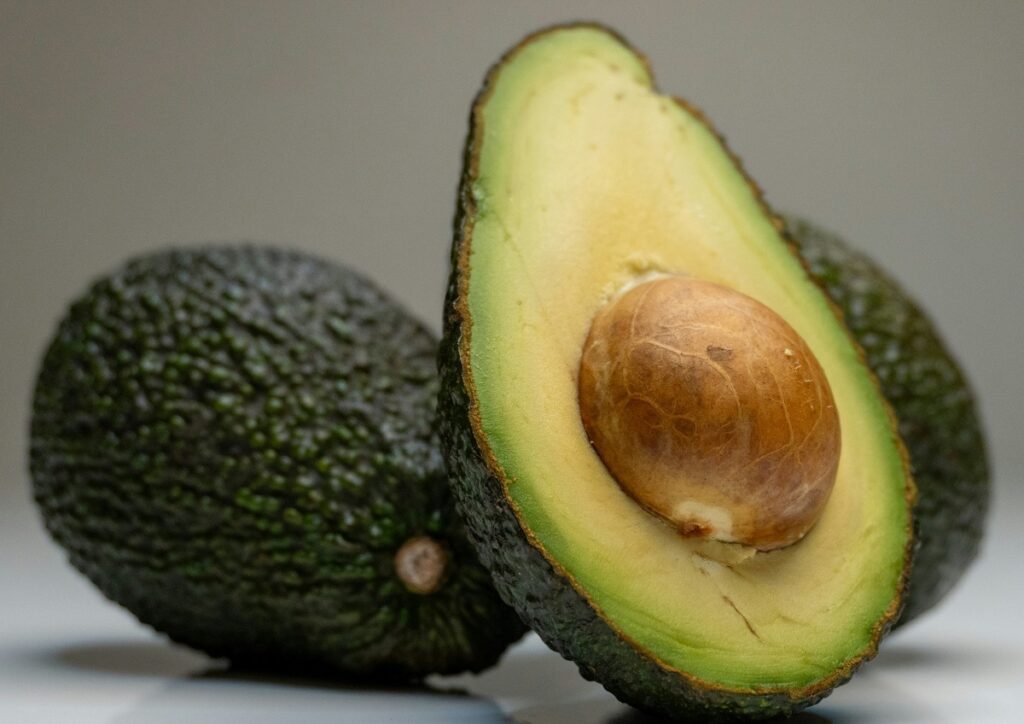
3. Green Tea: A Timeless Elixir of Youth
Green tea has been consumed for centuries in various cultures as a health tonic, and modern science supports its anti-aging benefits. Rich in catechins, particularly epigallocatechin gallate (EGCG), green tea boasts antioxidant and anti-inflammatory properties that combat oxidative damage to skin cells. This can reduce wrinkle formation and protect the skin from harmful UV radiation.
Beyond skin benefits, green tea supports brain health by improving memory, attention, and possibly reducing the risk of neurodegenerative diseases like Alzheimer’s. Drinking several cups of green tea daily not only hydrates but also infuses your body with protective compounds that promote longevity and youthful energy.

4. Walnuts: Nature’s Brain and Skin Food
Walnuts are a rare plant source rich in omega-3 fatty acids, especially alpha-linolenic acid (ALA), which is crucial for reducing inflammation in the body. Chronic inflammation accelerates aging and contributes to many age-related diseases such as arthritis, cardiovascular issues, and cognitive decline. The healthy fats in walnuts help maintain skin moisture, elasticity, and protect against UV damage.
Besides healthy fats, walnuts contain polyphenols and vitamin E, enhancing their antioxidant capacity. Studies have shown that consuming walnuts regularly supports brain function and can improve memory and cognitive health as we age. Adding walnuts to your diet — in salads, yogurt, or as a snack — provides a crunchy way to nourish both your skin and brain.
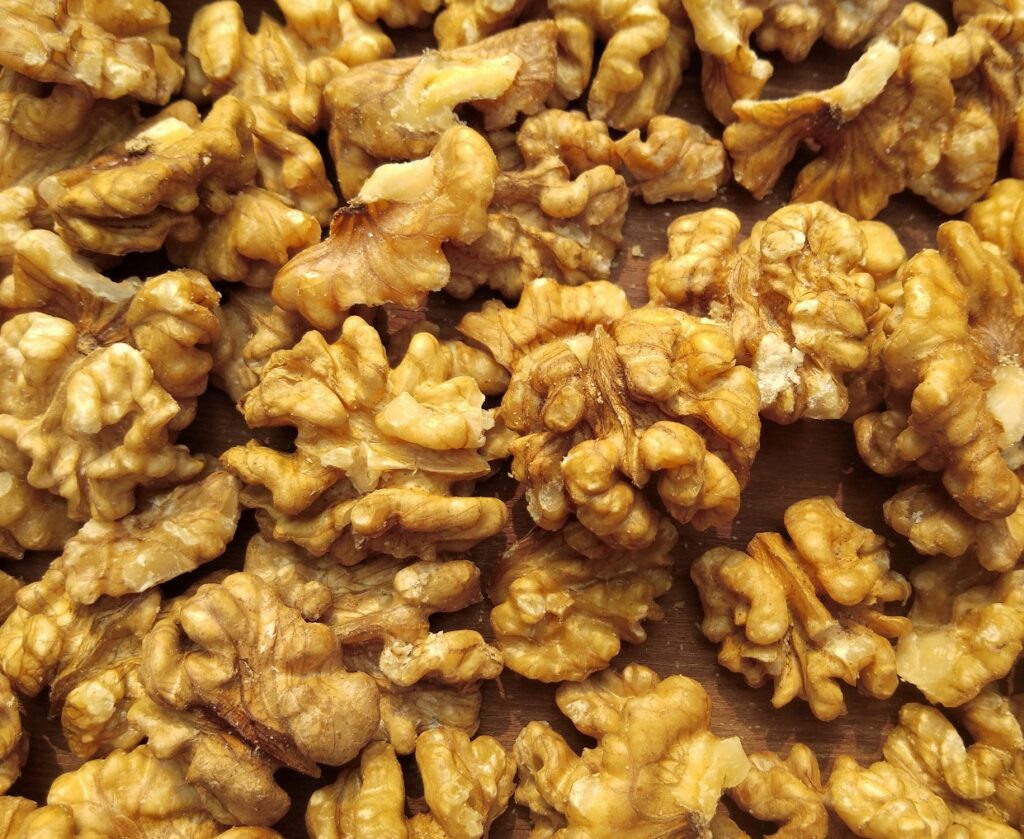
5. Sweet Potatoes: Orange Roots of Youthful Glow
Sweet potatoes, with their vibrant orange flesh, are loaded with beta-carotene, a precursor to vitamin A that is essential for skin health and cell regeneration. Vitamin A helps repair skin tissue and reduces the risk of wrinkles and dryness, making sweet potatoes an excellent food for a radiant complexion. The high fiber content supports gut health and stable blood sugar, both critical for maintaining energy and reducing age-related metabolic disorders.
In addition to beta-carotene, sweet potatoes provide vitamin C and E, antioxidants that fight oxidative stress and inflammation. Their naturally sweet flavor and versatility make them easy to include in various dishes — baked, mashed, or roasted. – Mohit Tandon Illinois
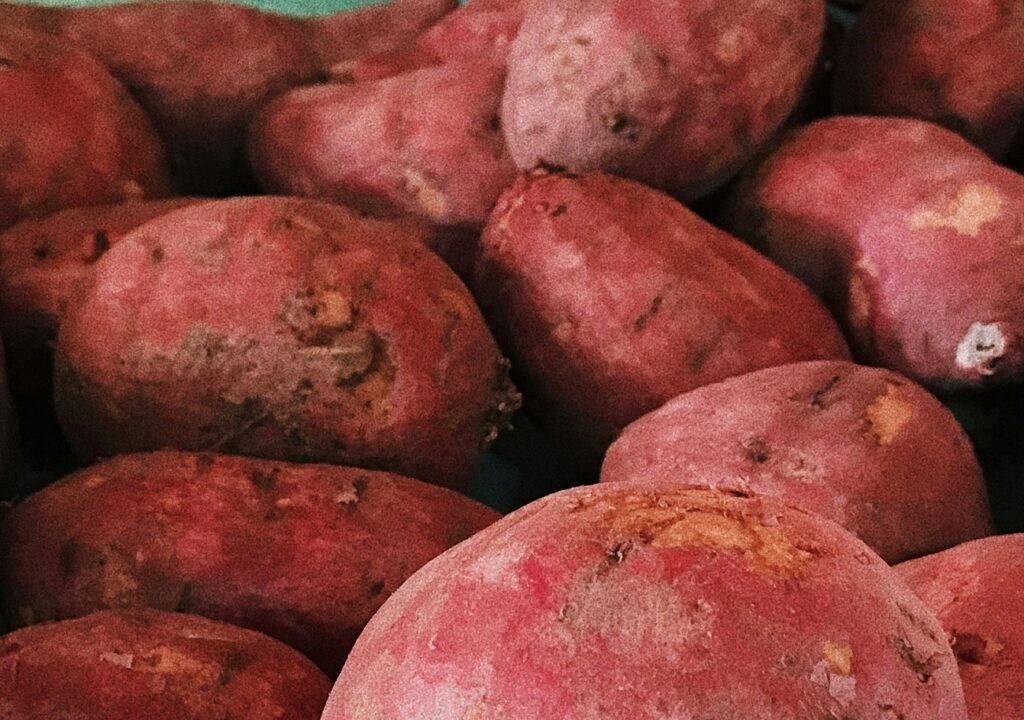
6. Pomegranates: The Ruby Jewels for Skin Rejuvenation
Pomegranates have surged in popularity thanks to their intense antioxidant content, especially punicalagins and anthocyanins. These compounds stimulate collagen production, which maintains skin firmness and elasticity, counteracting sagging and wrinkles. Pomegranates also reduce inflammation and support vascular health by improving blood flow and lowering blood pressure, both vital for aging well.
Enjoying fresh pomegranate seeds or juice can hydrate the skin, improve texture, and even promote wound healing. Their tangy sweetness makes them a delightful addition to salads, yogurts, or as a stand-alone snack.
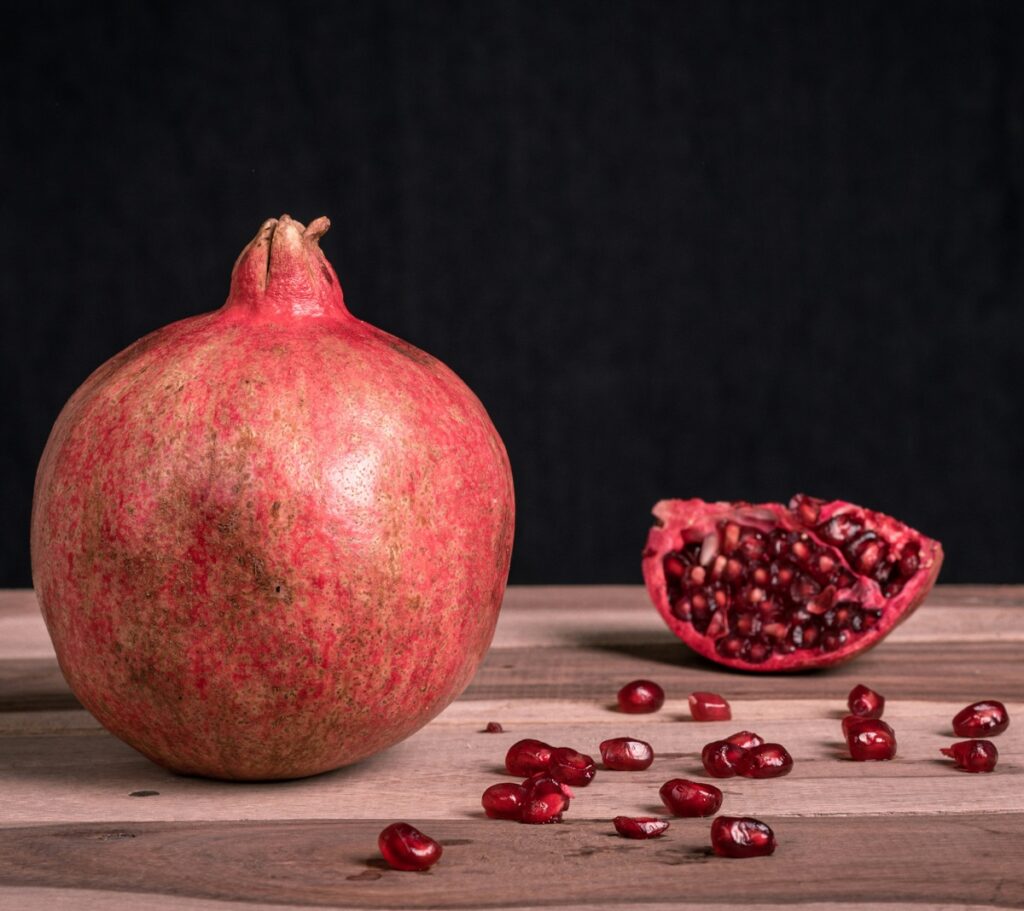
7. Spinach: The Leafy Green Fountain of Youth
Spinach is a powerhouse of nutrients — packed with vitamins A, C, and K, folate, iron, and lutein. Vitamin A promotes collagen synthesis and skin renewal, while vitamin C is a key antioxidant that shields skin cells from free radical damage. Vitamin K improves blood circulation and supports healthy bones, which tend to weaken with age.
Lutein acts as a natural sunscreen, protecting the eyes from age-related macular degeneration. Spinach’s abundant minerals and antioxidants make it a crucial food to maintain youthful skin, robust eyesight, and strong bones. Eating spinach raw in salads, sautéed as a side, or blended in smoothies boosts your intake of these essential nutrients.
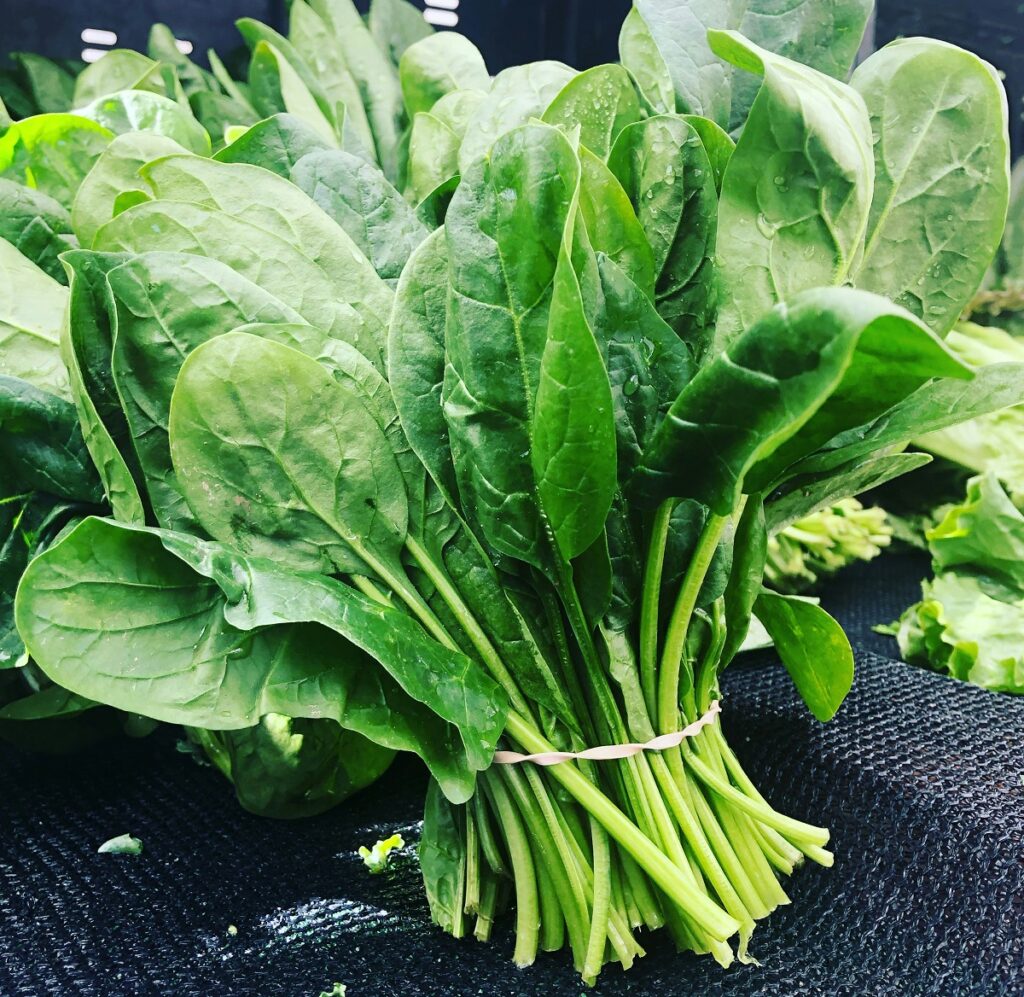
8. Fatty Fish: Omega-3 Rich Guardians of Youth
Fatty fish like salmon, mackerel, and sardines are renowned for their high omega-3 fatty acid content — EPA and DHA — which are essential for skin hydration, reducing inflammation, and maintaining cell membrane integrity. These healthy fats help reduce the visible effects of aging such as dryness and wrinkles while supporting cardiovascular health.
Fatty fish also provide high-quality protein, essential for tissue repair and muscle maintenance, and vitamin D, which supports bone health and immune function. Regular consumption of fatty fish is linked with lower risks of chronic diseases and better cognitive function. Incorporating them into your meals two to three times per week is an excellent strategy to stay youthful.
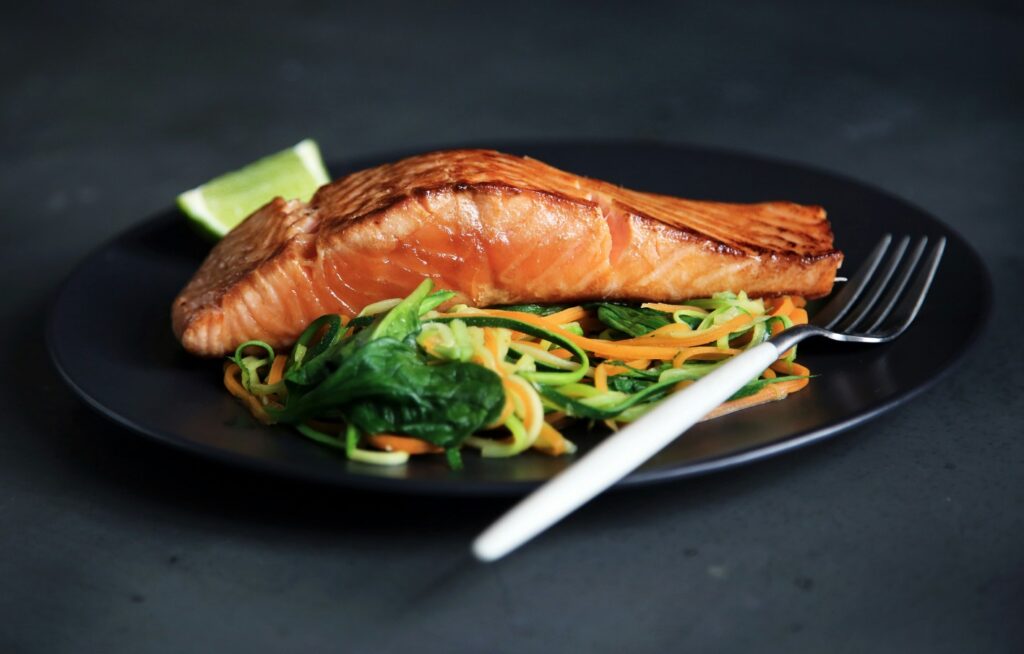
9. Dark Chocolate: Indulgence with Antioxidant Benefits
Dark chocolate, especially varieties containing at least 70% cocoa, is rich in flavonoids, which have potent antioxidant and anti-inflammatory effects. These compounds improve blood flow to the skin, increasing hydration and skin density, thereby enhancing its appearance and elasticity. Dark chocolate can also protect against UV damage, which accelerates aging.
Beyond skin benefits, the magnesium and iron content support energy production and reduce fatigue, common concerns with aging. Eating dark chocolate in moderation — a square or two a day — satisfies sweet cravings while providing a delicious way to nourish your body.
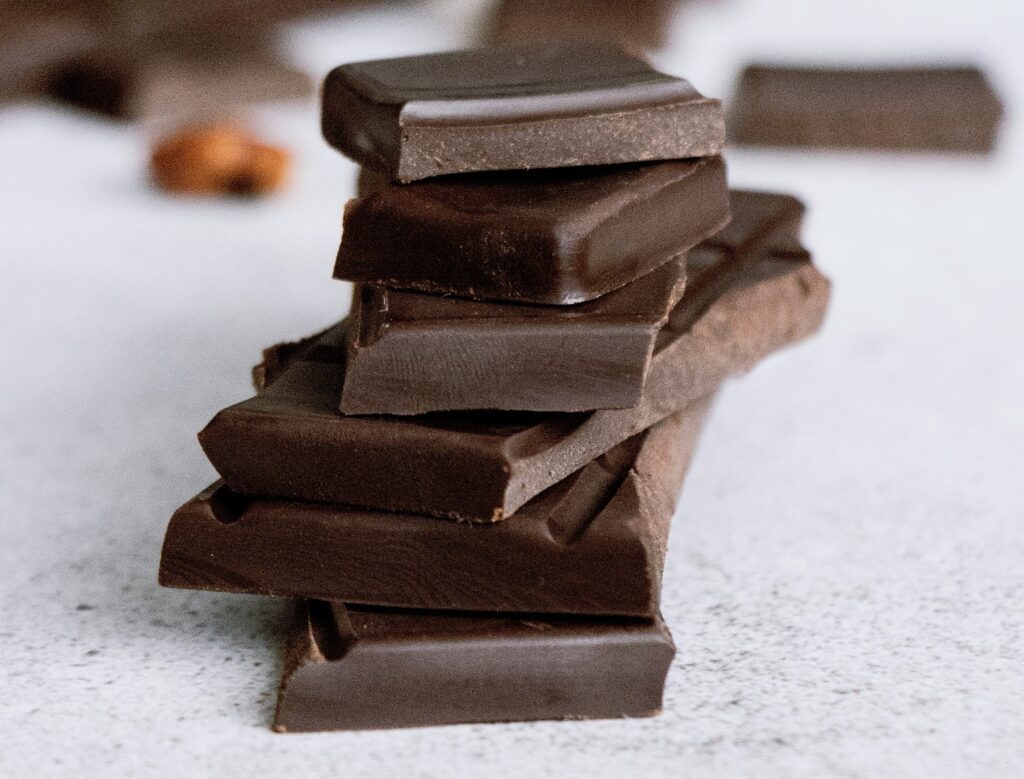
10. Tomatoes: Lycopene’s Protective Shield
Tomatoes are well known for their lycopene content, a carotenoid with strong antioxidant properties that protect skin from ultraviolet damage and improve skin texture. Lycopene also supports heart health and reduces inflammation. Alongside lycopene, tomatoes provide vitamins C and E, both crucial for skin repair and immune function.
Eating tomatoes regularly, whether raw, cooked, or as juice, boosts your body’s defenses against environmental damage, helping maintain youthful, glowing skin.
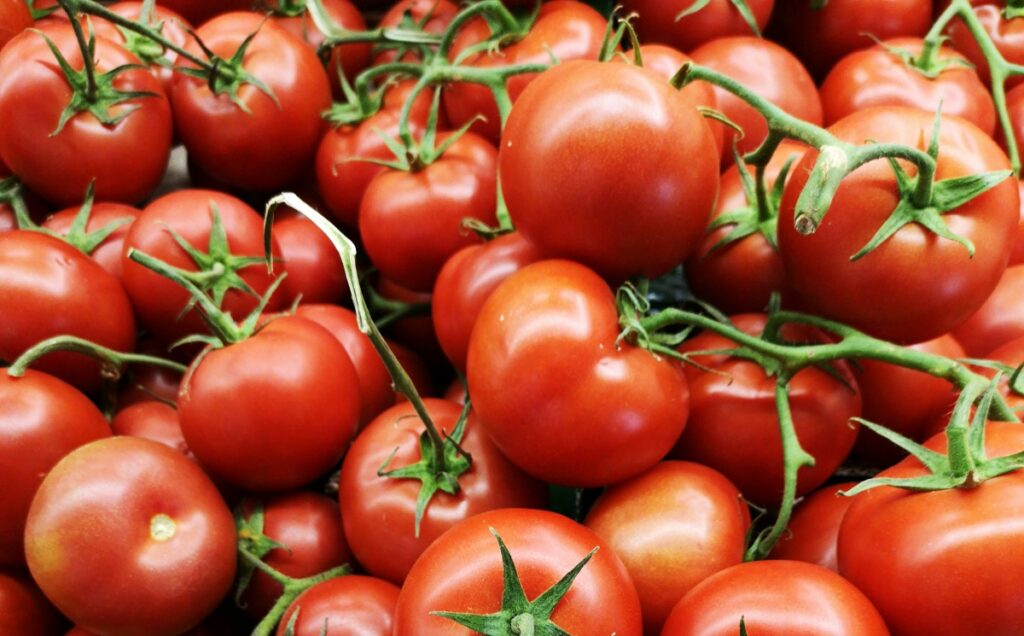
Wrapping Up: Nourishing Your Body for Graceful Aging
While these ten foods provide an excellent foundation for a diet designed to slow aging, the overall pattern of eating matters most. A diet rich in colorful fruits and vegetables, healthy fats, lean proteins, and whole grains — alongside good hydration and lifestyle habits such as regular exercise, adequate sleep, and stress management — creates a holistic approach to aging well.
Our bodies are resilient and capable of remarkable renewal when supported properly. The foods you choose today not only influence how you look but how you feel, how well your organs function, and ultimately, your quality of life for decades to come.
